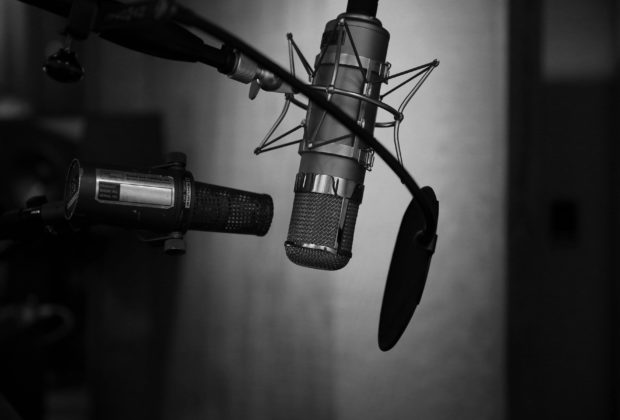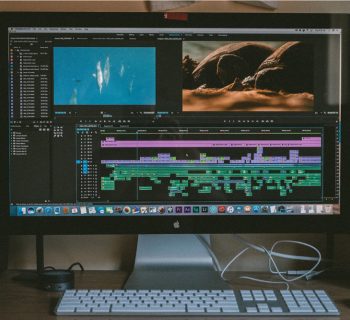When going into a recording studio to record, do you understand your agreement with the studio? For instance, how much you will be charged and what facilities and equipment will be made available? This article will explain a typical agreement between an artist or group and a recording studio for use of the studio on an hourly basis. Of course, before you even consider entering into a contract with a recording studio, you must do your “due diligence” and investigate the studio’s reputation.
The contract should contain the following provisions:
• The location of the studio, the facilities you will be permitted to use and when you will be using them. For instance, will there be a multi-track recorder, mixing board, isolation booth, microphones and sound engineer? Also, if the studio has agreed to anything special you requested, it must be contained in the written agreement. Ordinarily, you will be responsible for supplying musicians, vocalists, arrangers, music producers, etc.
• The amount you are paying per hour. What are the total charges and the amount of the deposit? Often, the balance will be due on the first day of recording. What will you be charged for going over the agreed upon hours?
• The recording studio will want a provision stating that you will not allow any illegal drugs in the studio or other illegal activities. And that you will not be recording anything that is defamatory or obscene.
• Ordinarily, the parties to the agreement will be independent contractors and the artist will own the copyright.
• Cancellation: If you want to cancel, what are the requirements? A typical provision might be you are required to give 72 hours notice of cancellation to get a refund of your deposit. The agreement might provide that if you give less than 72 hours notice, you forfeit your deposit but are not required to pay the balance due. The agreement may also provide that if you cancel, you are also responsible for any costs incurred by the studio
• The studio may insert a sentence that says they reserve the right to suspend your agreement and delay your recording session for the duration of recording sessions required by other clients of the studio.
• The agreement will provide that in the event there is a war, act of God, fire, labor disagreement or other circumstances beyond the control of the studio (“Force Majeure”) the recording studio can suspend the agreement.
• Usually, the contract will have an indemnity provision which states that you will reimburse the studio for any loss or damages a result of your actions or breach of the agreement or any claims by third parties.
• The contract will typically contain some typical “boiler-plate” provisions, such as which state law will be applicable to the contract, that revisions to the contract must be in writing, whether litigation or binding arbitration will be utilized to resolve conflicts and that email signatures are as good as originals.
The above is a brief overview of the subject and does not constitute legal advice.
GLENN LITWAK is a veteran entertainment attorney based in Santa Monica, CA. He has represented platinum-selling recording artists, Grammy-winning music producers, hit songwriters, management and production companies, music publishers and independent record labels. Glenn is also a frequent speaker at music industry conferences around the country, such as South by Southwest and the Billboard Music in Film and TV Conference. Email Litwak at gtllaw59@gmail.com or visit glennlitwak.com.
This article is a very brief overview of the subject matter and does not constitute legal advice.














